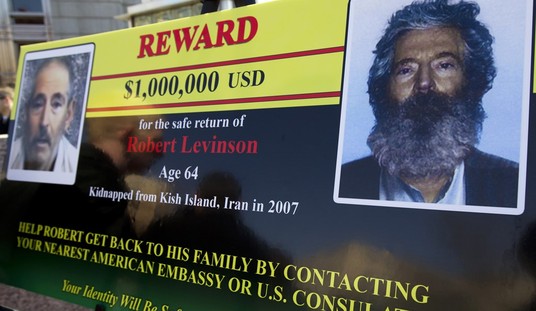Such a quiet death rattle, all things considered:
As a practical matter, the Obama campaign and, for the present, the Democratic Party, have laid to rest all consideration of reviving the coalition nurtured and cultivated by Franklin D. Roosevelt. The New Deal Coalition — which included unions, city machines, blue-collar workers, farmers, blacks, people on relief, and generally non-affluent progressive intellectuals — had the advantage of economic coherence. It received support across the board from voters of all races and religions in the bottom half of the income distribution, the very coherence the current Democratic coalition lacks.
You’d expect more of a reaction from the New York Times, all things considered. After all, the New Deal coalition has not just existed and affected American politics for my entire life; it’s done that for my parents’ entire lives. Which is not to say that it’s particularly surprising that the New Deal coalition would eventually dissolve, of course; it’s almost eighty years old, and been taking body blows for the last thirty. Political alliances and movements come in and out of existence all of the time, and that’s just the nature of things. There still should be less of a shrug about it all, though.
But here’s the thing. The New Deal coalition is dying, if not dead. What were the Democrats planning to replace it with? What the NYT calls ‘economic’ coherence I’d also call ‘ideological;’ whether you agreed with the New Deal program or not, you could always actually define it in terms that were internally self-consistent. Broadly speaking, it was a broad agreement among various groups that America’s most pressing problems could be managed and ameliorated on a broad scale through ‘expert’ and judicious government intervention; and that such intervention dampened the uncertainty and anxiety that might otherwise cause societal panics and economic dislocations. Again: you don’t have to agree with that (I don’t) to recognize that it existed as a coherent policy.
But now that has gone by the wayside, to be replaced with a system that… apparently plans to trade support for permanent government dependency programs for minorities, in exchange for legislating the fringe progressive morality of affluent urbanites. Aside from the utter lack of an unifying intellectual or moral framework to such an arrangement, it’s unclear exactly who benefits less from it; while it’s certainly not in minority voters’ long, medium, or short-term interests to become a permanent underclass, it’s not exactly clear that minority voters are even particularly ready to vote for a progressive social policy (as an examination of recent reversals in same-sex marriage movement in California and Maryland will readily attest). But then, that is not really the goal, is it? The goal is to re-elect President Obama – which is something that poor African-American and rich liberal voters both wish to do – and if that is accomplished, then anything else is extra. Which is just as well, because nobody really expects Obama to have much in the way of coat-tails this go-round.
And that is the amazing thing about all of this: the Democratic party has apparently decided to toss aside the vast mass of American voters in order to benefit a man who will, at best, only hold power for another five years. Even assuming that it works, there’s no way that the next Democratic candidate will be able to duplicate the conditions that got Barack Obama re-elected… and it’s certainly not going to do anything to allow the Democrats to win seats in anything except already safe-territory. Which is great – I am a Republican interested in getting Republicans elected – but you would think that my opposite numbers in the Democratic party would start getting nervous about the looming crackup.
Moe Lane (crosspost)














Join the conversation as a VIP Member